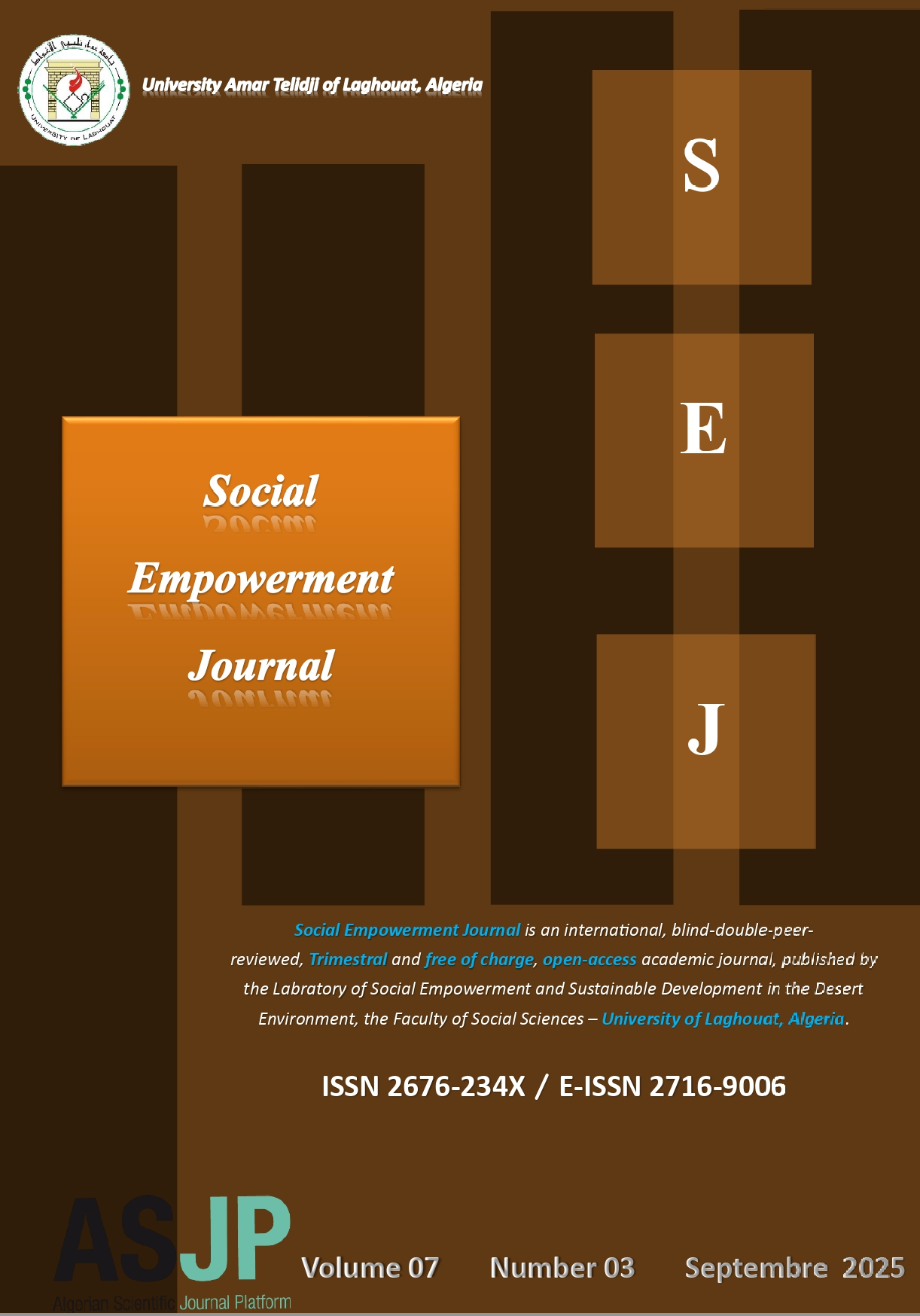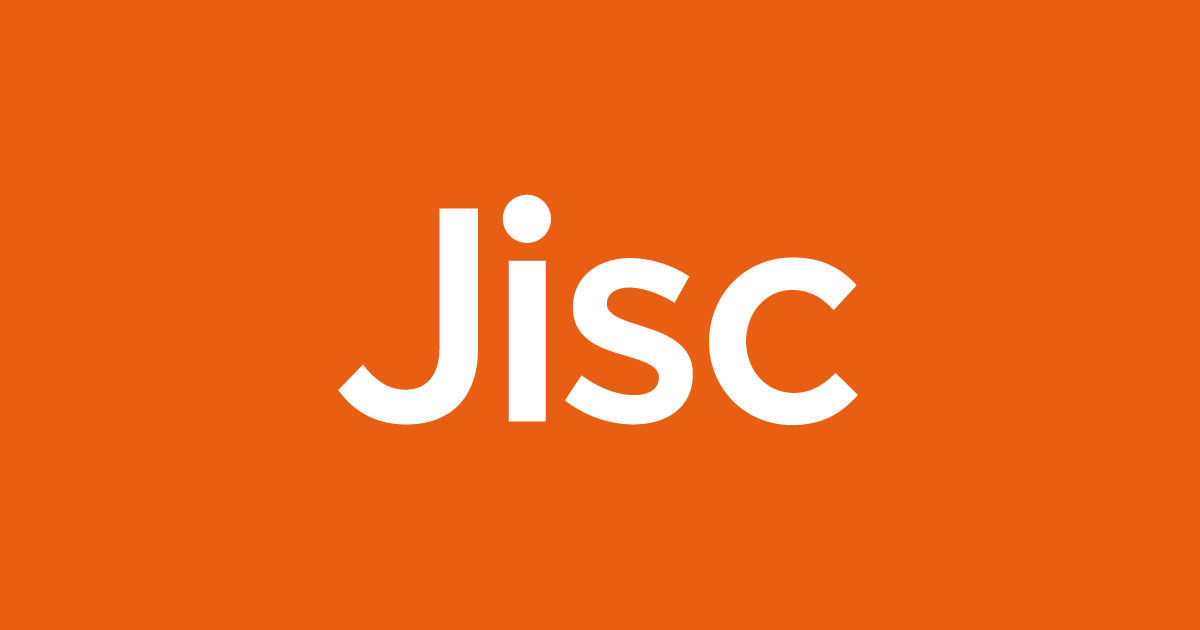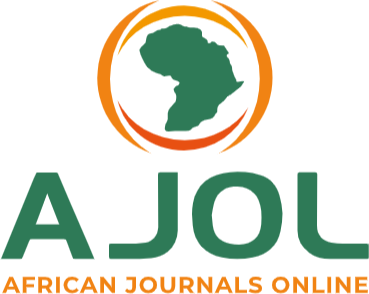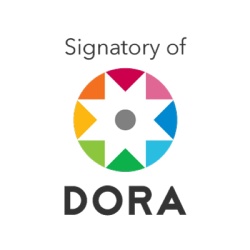Education As Ethical-affective Resistance: Pedagogical Bridges Between Southern Europe And The Maghreb
Abstract
This theoretical essay explores the concept of ethical-affective resistance in education, examining pedagogical bridges between Southern Europe and the Maghreb. Drawing on critical and decolonial perspectives—especially the work of Freire, hooks, Zembylas, and Santos - it conceptualises education as a relational, political, and affective practice capable of challenging hegemonic structures and revaluing marginalised knowledges. The essay addresses the enduring legacies of colonialism, epistemicide, and cultural erasure across educational systems in the Mediterranean region, emphasising the need for intercultural and emotionally intelligent leadership grounded in care, listening, and epistemic justice. Through illustrative examples from Portugal, Spain, Algeria, and Tunisia, it highlights educational practices that resist technocratic models and nurture inclusive, community-rooted learning environments. Incorporating insights from Islamic educational thought, Maghrebi feminism, and the Epistemologies of the South, the text advocates pedagogical approaches that embrace plural rationalities, cultural reterritorialisation, and a shared ethics of dignity. The structure follows four thematic axes: ethical leadership in peripheral schools; pedagogical engagement with marginalised youth; inclusive, affective educational practices; and the construction of interregional educational alliances. The conclusion calls for a new educational pact based on epistemic co-authorship and cognitive justice. Education is understood not merely as instruction, but as an insurgent space for reimagining futures, healing historical wounds, and cultivating radical hope.
Downloads
References
Abdi, A. A. (Ed.). (2011). Decolonizing philosophies of education. Brill. https://doi.org/10.1007/978-94-6091-687-8
Al-Attas, S. M. N. (1991). The concept of education in Islam: A framework for an Islamic philosophy of education. ISTAC. https://archive.org/details/the-concept-of-education-in-islam
Andreotti, V. (2011). Actionable postcolonial theory in education. Palgrave Macmillan. https://doi.org/10.1057/9780230337794
Arkoun, M. (2006). Islam: To reform or to subvert? Saqi Books. https://archive.org/details/islamtoreformort0000arko
Ball, S. J. (2003). The teacher’s soul and the terrors of performativity. Journal of Education Policy, 18(2), 215–228. https://doi.org/10.1080/0268093022000043065
Belkacem, A. (2019). Educational leadership and cultural inclusion in Algerian rural schools. The Journal of North African Studies, 24(6), 1002–1019. https://doi.org/10.1080/13629387.2019.1565660
Iratni, B. (2020). US policy towards the Maghreb: An arduous combination of strategic interests and economic stakes. The Journal of US-Africa Studies, 1, 10–45. https://doi.org/10.21747/21846251/joura1
Bennabi, M. (2000). Les conditions de la renaissance: Problèmes d’une civilisation (ed. orig. 1949). Éditions Bouchène. https://archive.org/download/Malek-Bennabi/cond.renais.pdf
Biesta, G. (2021). World-centred education: A view for the present. Routledge. https://doi.org/10.4324/9781003098331
Bonal, X., & Tarabini, A. (2021). Educación y segregación escolar: Entre la vulnerabilidad social y la exclusión educativa. Octaedro. https://octaedro.com/wp-content/uploads/2024/07/9788410282094.pdf
Bouzidi, L. (2020). Arts, youth and deradicalization in Algeria: A community approach. Maghreb Review, 45(3), 311–330.
Collet-Sabé, J. (2020). Qué es el territorio para la escuela: ¿decorado, recurso o agente? Modelos e implicaciones de diversas políticas de relación entre escuela y territorio en Cataluña (España).
Espacios en Blanco: Revista de Educación. https://doi.org/10.37177/UNICEN/EB30-282 .
Daoud, Z. (1993). Féminisme et politique au Maghreb: Soixante ans de lutte (1930–1992). Maisonneuve et Larose.
El Feki, S. (2013). Sex and the citadel: Intimate life in a changing Arab world. Vintage. https://archive.org/details/sexcitadelintima0000elfe
El Feki, S. (2020). Education and Arab-Islamic identity in the global age. Centre de Publication Universitaire.
Freire, P. (1996). Pedagogia da autonomia: Saberes necessários à prática educativa (25.ª ed.). Paz e Terra. https://nepegeo.paginas.ufsc.br/files/2018/11/Pedagogia-da-Autonomia-Paulo-Freire.pdf
Giroux, H. A. (2001). Theory and resistance in education: Towards a pedagogy for the opposition (Rev. ed.). Bergin & Garvey. https://doi.org/10.5040/9781350458529
Goleman, D. (2006). Inteligência emocional na liderança. Edições Objetiva.
Hargreaves, A., & Fullan, M. (2012). Professional capital: Transforming teaching in every school. Teachers College Press. https://archive.org/details/professionalcapi0000harg
Heathfield, M., & Fusco, D. (Eds.). (2015). Youth and inequality in education: Global actions in youth work. Routledge. https://doi.org/10.4324/9781315750668
hooks, b. (1994). Teaching to transgress: Education as the practice of freedom. Routledge. https://doi.org/10.4324/9780203700280
Hord, S. M., & Tobia, E. F. (2012). Reclaiming our teaching profession:The power of educators learning in community. Teachers College Press.
Ndlovu-Gatsheni, S. J. (2020). Decolonization, development and knowledge in Africa: Turning over a new leaf. Routledge. https://doi.org/10.4324/9781003030423
Nussbaum, M. C. (2001). Upheavals of thought: The intelligence of emotions. Cambridge University Press. https://doi.org/10.1017/CBO9780511840715
Nussbaum, M. C. (2010). Not for profit: Why democracy needs the humanities. Princeton University Press. https://archive.org/details/notforprofitwhyd0000nuss
Sadiqi,F.(2003).Women,gender,and language in Morocco. Brill. https://doi.org/10.1163/9789047404378
Santos, B. de S. (2022). O fim do império cognitivo: A afirmação das epistemologias do Sul (2.ªed.).Almedina.https://dokumen.pub/o-fim-do-imperio-cognitivo-a-afirmaao-das-epistemologias-do-sul-1nbsped-8551304844.html
Santos, B. S. (2021). O futuro começa agora: Da pandemia à utopia. Almedina.
UNESCO. (2021). Reimagining our futures together: A new social contract for education. UNESCO. https://unesdoc.unesco.org/ark:/48223/pf0000379707
Walsh, C. (2009). Interculturalidad crítica y pedagogía de‑colonial: Apuestas (des)de el in‑surgir, re‑existir y re‑vivir. In Educación intercultural crítica (pp. 21–43). Universidad AndinaSimónBolívar. https://redinterculturalidad.files.wordpress.com/2014/02/interculturalidad-crc3adtica-y-pedagogc3ada-decolonial-walsh.pdf
Zembylas, M. (2014). Theorizing “difficult knowledge” in the aftermath of the affective turn: Implications for curriculum and pedagogy in handling traumatic representations. Curriculum Inquiry, 44(3), 390–412. https://doi.org/10.1111/curi.12051
Zembylas, M. (2020). Political emotions in education: Rethinking critical pedagogy through the politics of affect. Routledge. https://doi.org/10.4324/9781315145375

This work is licensed under a Creative Commons Attribution-NonCommercial 4.0 International License.





















